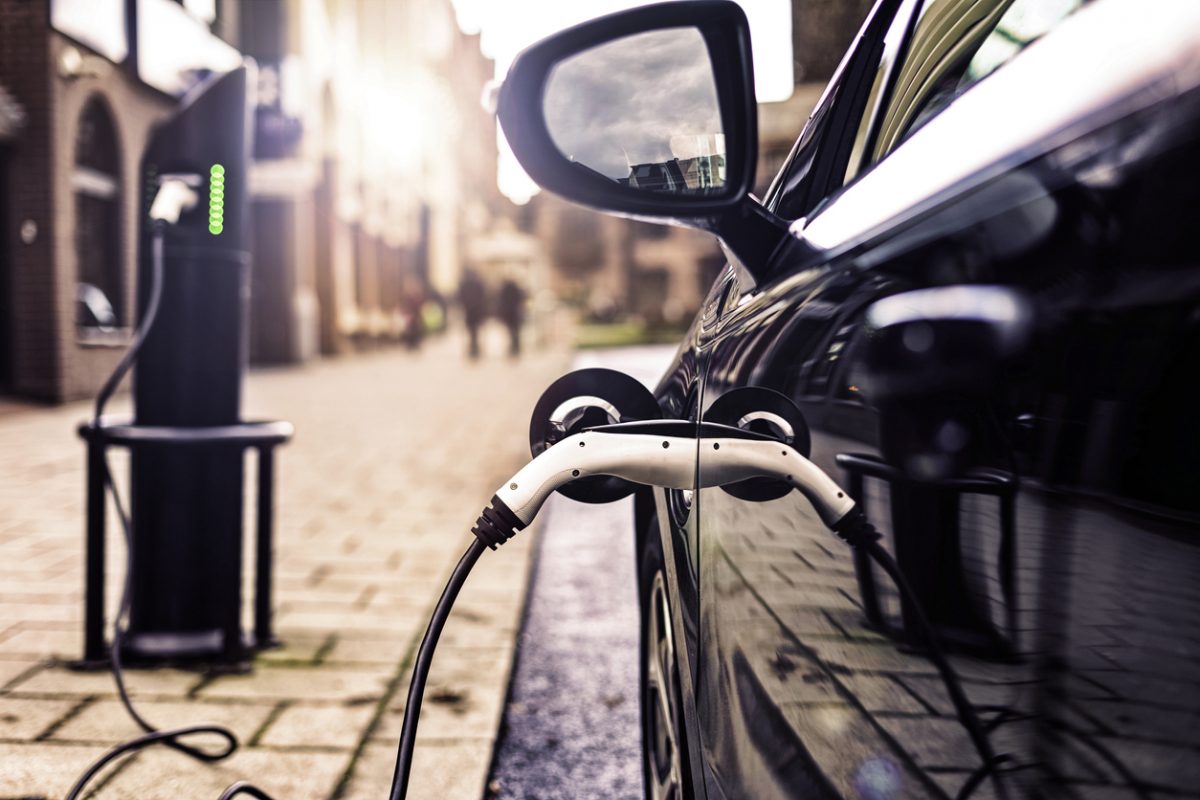Electric vehicle rates are set to quadruple to 102.5 percent. U.S. solar manufacturing sparred.
The United States will reportedly hike tariffs on Chinese electric vehicles (EVs) and other clean-energy goods. According to the Wall Street Journal (Paywall), President Joe Biden will announce the details, including the final rates and the targeted industries, this week, sources familiar with the matter said. The levy on Chinese EVs will reportedly quadruple from roughly 25 to 102.5 percent, while the other areas and rates are not public yet. The U.S. solar industry that imports machinery and other parts used to manufacture panels from China is set to be sparred: according to Bloomberg, the White House signaled the exemption to the industry in advance.
The Biden Administration reviewed the tariffs on Chinese goods that were implemented under President Donald Trump over two years and considered a hike last winter already (we reported).
The U.S. Is Currently not a Key Market for Chinese EV Companies
Despite the massive increase in the levy on EVs, the move will likely not have an immediate impact as the U.S. is not a key destination for the People’s Republic’s EV industry. The Atlantic Council compiled data on the matter, revealing that the European Union is the largest recipient, accounting for roughly 40 percent of Beijing’s battery-powered EV exports in 2023, while the U.S., Mexico, and Canada together only accounted for 6 percent. The Chinese EVs imported to the U.S. in 2023 only amount to $368 million.
Chinese carmakers could bypass U.S. import tariffs by building assembly plants in North America, for example, in the U.S.’ southern neighbor Mexico. BYD, one of the largest Chinese EV companies, is looking for a suitable location for a plant in the country. According to Reuters, BYD emphasized that the plant would serve the Mexican market only and does not intend to ship the vehicles to other countries. U.S. officials are skeptical, however, and argue that such facilities in neighboring countries could “provide a back door to China” to sidestep tariff policies. Following pressure from the U.S., the Mexican Government denied Chinese companies subsidies and tax credits for investment in EV production earlier this year.
Photo: iStock/nrgemi


